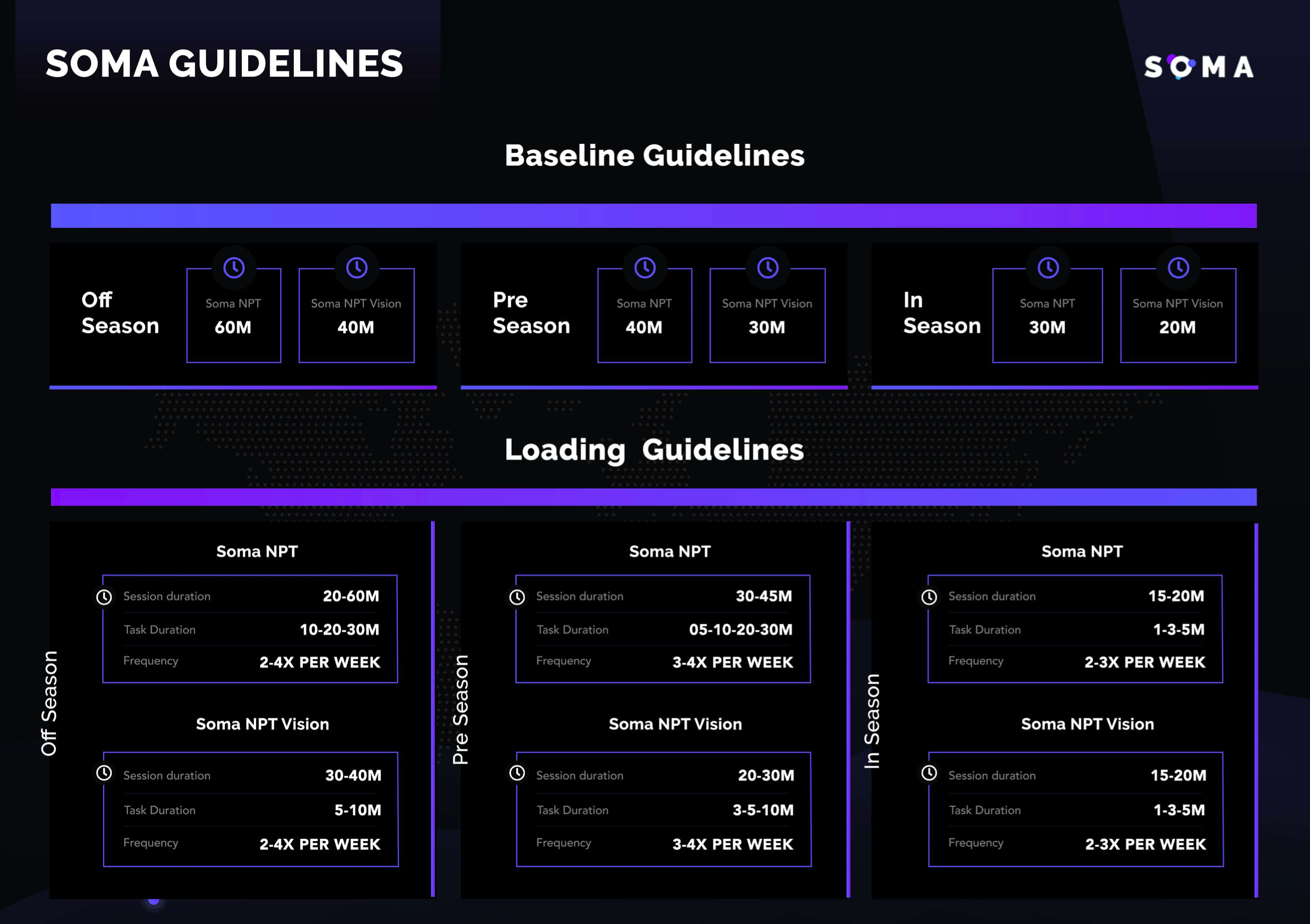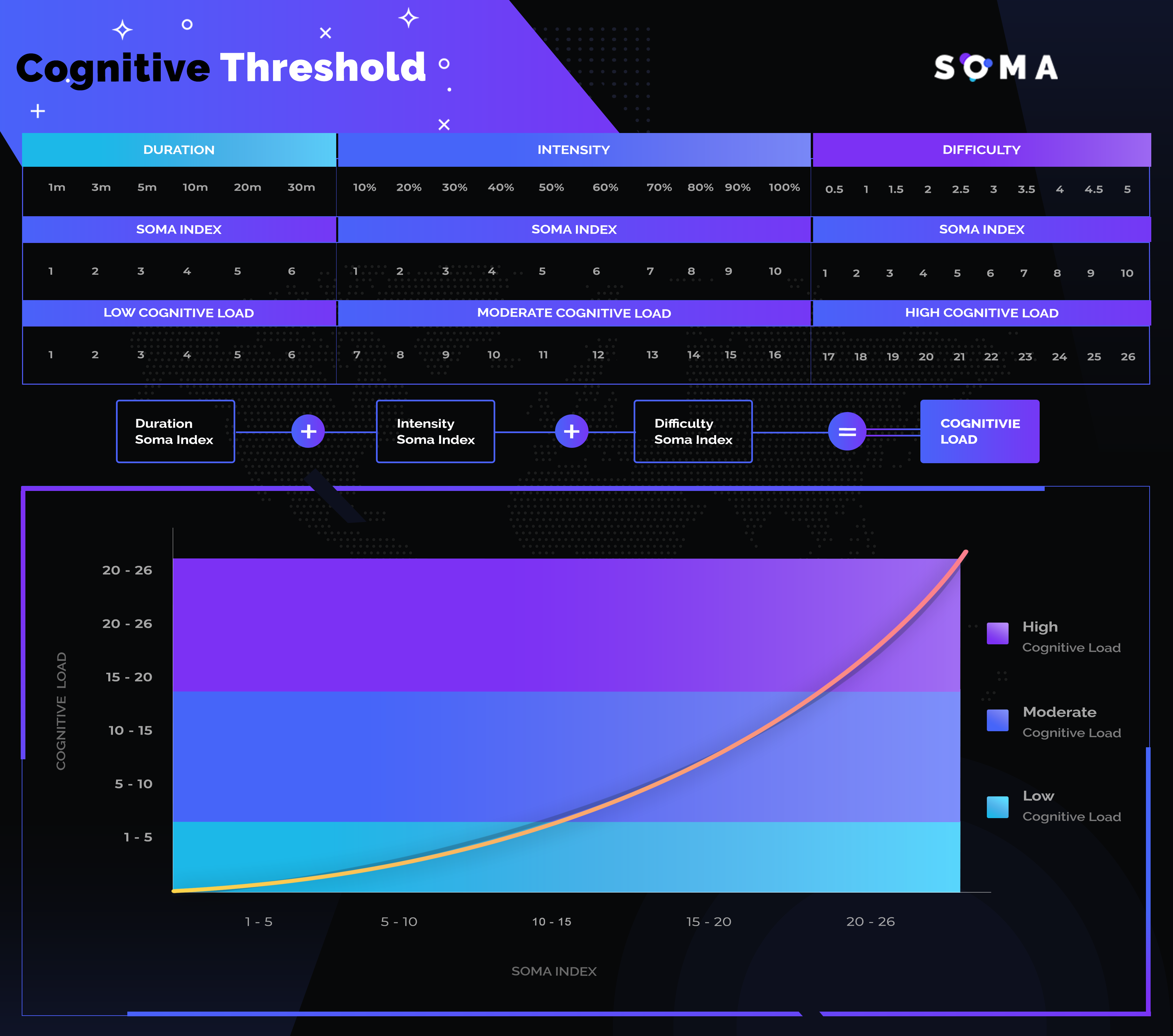Not all training sessions should be done in an optimal psychological or physiological state

There is a time and place for every training intervention. With physical training you can actually plan for too much load for a short time in order to create adaptation. The same applies for cognitive training, where you must put the athlete into levels of high stress and high fatigue to create adaptations in the brain. The athlete must become comfortable at being uncomfortable and going beyond their limit. Of course this must be placed into a proper structured plan. The important point here is to understand that all training sessions should not always be perfect. Athletes can fall into the “perfection trap” where they are afraid of jeopardising training or performance even if it means long term gains later on. There MUST be times that training sessions should be performed in a sub-optimal psychological or physiological state. We can never guarantee that competition will be possible in perfect mental and physical condition so we must prepare our athletes for adversity by putting them into the conditions that could otherwise completely throw them off their game. Not to mention the physiological benefits in the brain and body that you can achieve with overreaching.
Overreaching is a temporary condition that occurs in response to heavy or intense loads. It does not have any significant impact on athletic performance. An athlete can recognise the condition of overreaching in the early stages and allow for adequate recovery. This is why coaches and trainers must also take into consideration cognitive recovery sessions. If an athlete does not allow their brain to recover completely, and continues to train hard, that would lead to cognitive overtraining. This is when we take overreaching too far and head into a condition where adaptations are significantly reduced.
Overtraining is a chronic condition of extreme fatigue. It is a serious condition that is induced by prolonged, high volume, high intensity, repeated, and reoccurring monotonous training sessions. Overtraining is possible in physical training (many athletes have experienced this at least once) and it is also possible cognitively.
In order to successfully walk the line between overreaching and overtraining, periodization is key with every mesocycle. Simply showing up at random and performing “some neuro work” to tick the neuro box is a risky call and we have seen this happen far too often. Random sessions are not sessions with planned loading parameters and careful tracking. They are sometimes labled as “primers” or “games” Let us be clear, cognitive training needs the same careful loading as physical training. Not enough load can mean wasted time and little cognitive results and too much load can negatively impact athletes mentally AND physically.
Yes it is a fine balance. The athlete needs to be pushed at the right time (depending on the season) and they must hit a certain threshold to make changes. There must be times of intense training and times of lower level training. This is why we have guidelines in place. To ensure athletes are hitting the mark with every session. Neuro training should not be performed at random if results are what you are looking for.


Reaching the correct cognitive threshold in training can make the difference between incredible results and none.
The brain must be pushed in order to adapt capacity. Only performing sessions of 6 minutes (roughly half the recommended dose or less) is the mental equivalent of doing two push ups per day. It does not provide enough load to reach the threshold required for change. You cannot assume that shorter sessions will still do something or half sessions will provide half the result. This simply is not the case. Failing to reach the threshold can result in little or no change. The brain is functioning all the time and therefore needs even more load than the body would need to create change.
Cognitive Recovery
One of the areas of training that is often overlooked is recovery/restoration sessions. If we stress our brain and bodies hard we must also plan to have ample rest and recovery to benefit from the training stimulus. When you are periodizing your sessions with either progressive overload or undulating periodization make sure that you have taken into consideration recovery/restoration sessions.
These recovery/restoration sessions may be in the form of
- Reduction of overall load
- Reduction of duration and/or intensity
- Reduction of drill difficulty
- Box Breathing
- Meditation/Mindfulness





Comments
Post a Comment